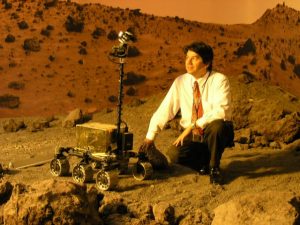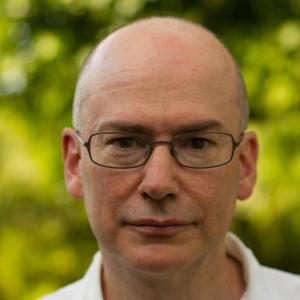Recitals Lecture-Recitals Lectures Masterclasses Workshops
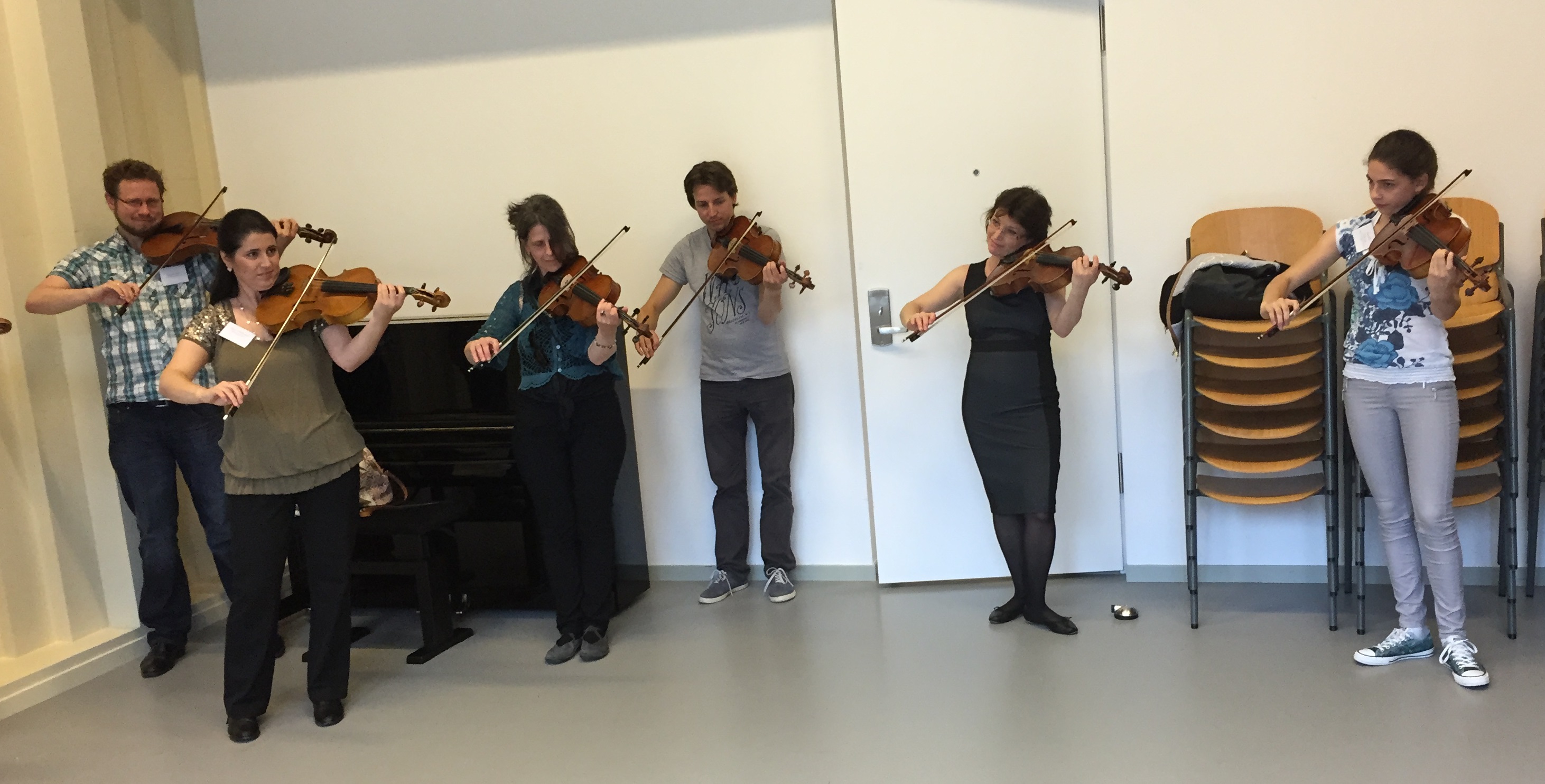 During IVC2018, a number of Workshops will be given by violists from all over the world. These are interactive group sessions of 60 minutes, with limited capacity.
During IVC2018, a number of Workshops will be given by violists from all over the world. These are interactive group sessions of 60 minutes, with limited capacity.
You have to be fully registered as a Delegate to the congress, to qualify for Workshops. You need to bring your own viola, unless otherwise noted. No specific skill level, preparation or repertoire knowledge will be assumed, but some workshops are designed for specific audiences. Due to space limitations in the workshop studios, audience will generally not be permitted.
To participate in an IVC2018 Workshop, you have to do the following:
- Register for the Congress as (Young) Delegate, if you haven’t already done so. This in turn requires:
- to be a 2018 certified member of an IVS-affiliated Viola Society
(or buy a Dutch Viola Society membership upon registration) - to buy at least one Full Day Pass (congress admission for the day of your assigned workshop). A Week Pass is obviously fine, too. 🙂
- to be a 2018 certified member of an IVS-affiliated Viola Society
- Read the Workshop offerings below. Make up your mind about which 3 workshops you would be most interested in.
- Submit the IVC2018 Workshop Sign-up Form (online as of October 15th).
Make sure to be aware of and report any schedule constraints. If you are a Presenter or a Masterclass student, there could be some mornings you’re not available. - You will be notified (by e-mail) of the Workshop for which you have been assigned, after November 15th.
Note the following ground rules:
- Sign-up starts October 15th, and closes on November
15th19th. - We cannot guarantee a Workshop placement for everyone who signs up!
- At most one Workshop placement will actually be assigned to you, unless there are fewer applicants than spaces at the November 15th closure date.
- Placements are (in general) awarded on a first-come, first-serve basis.
- Students who have unsuccessfully applied for a Masterclass, will receive priority for workshop placement (we know who you are!)
- If you cannot attend the workshop you were assigned to (due to constraints not indicated in the form), the IVC is not obliged to offer you an alternative.
- In case your workshop should get cancelled for whatever reason, the IVC is not obliged to arrange a replacement workshop, nor are you entitled to any refunds.
 Registered Delegates can now sign up for Workshop participation (using this button –>).
Registered Delegates can now sign up for Workshop participation (using this button –>).
Overview of Workshop Offerings IVC2018:
Click on the arrows below to unfold information about each Workshop and the teacher.

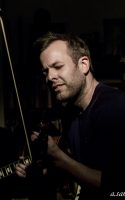
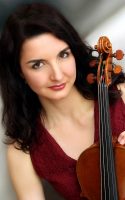
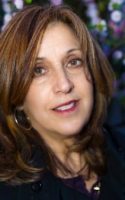
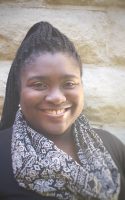
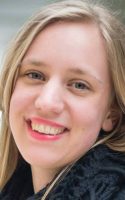
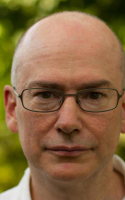
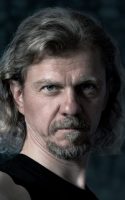
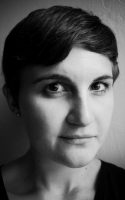
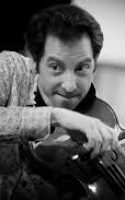
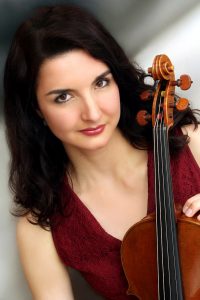 Target group: Students and professional violists
Target group: Students and professional violists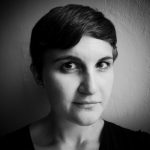
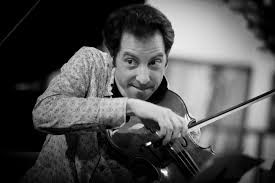 Target group: All violists
Target group: All violists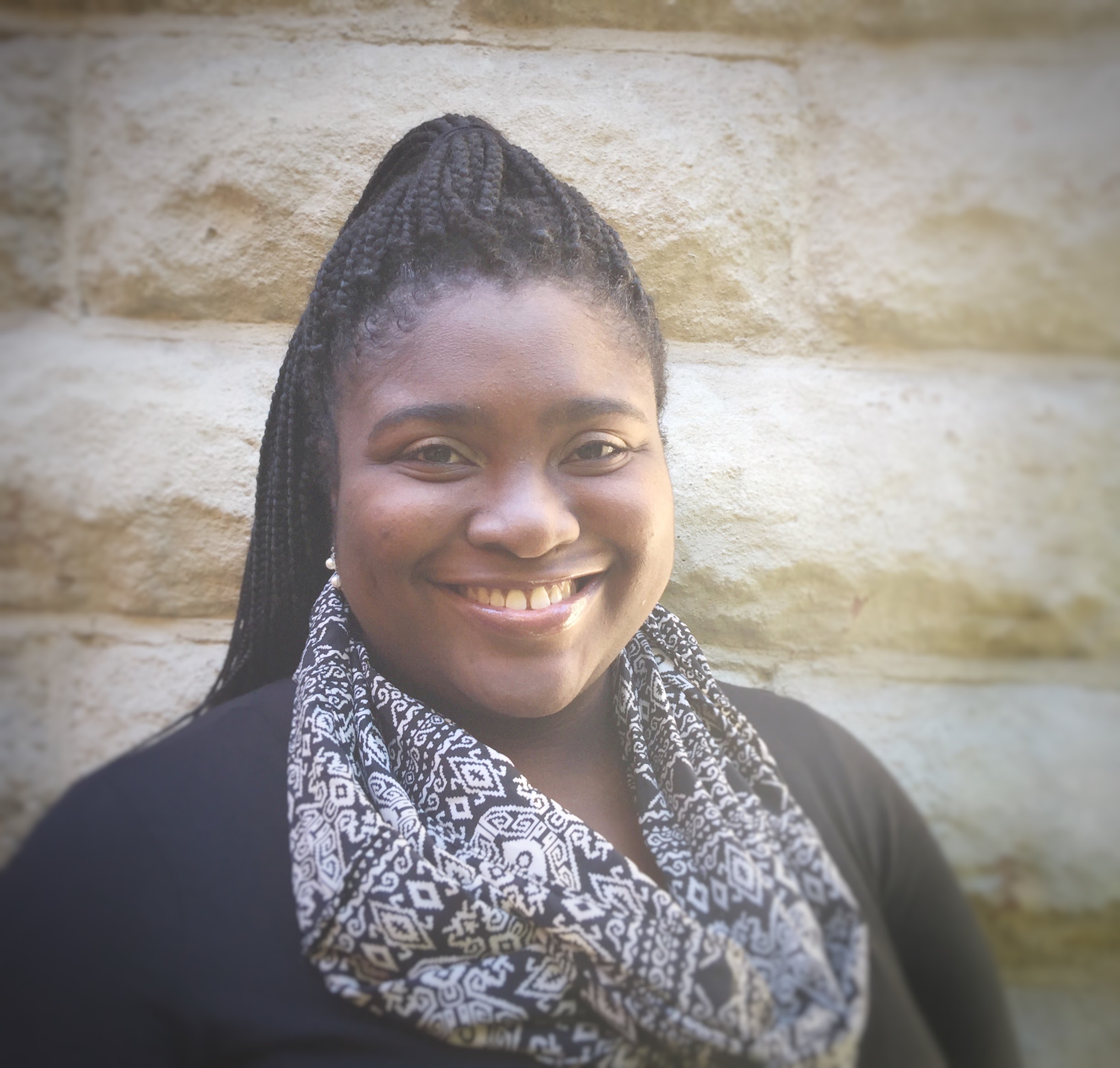 Surprisingly, there are teachers who don’t have a method when teaching vibrato. William Primrose stated: “I don’t think I would ever have claimed to teach vibrato, and I don’t recall having been taught it. I simply started vibrating”. Every student needs a personalized approach when learning a given skill on the viola. This workshop will provide students and teachers with new information on how to build a beautiful vibrato from the ground up.
Surprisingly, there are teachers who don’t have a method when teaching vibrato. William Primrose stated: “I don’t think I would ever have claimed to teach vibrato, and I don’t recall having been taught it. I simply started vibrating”. Every student needs a personalized approach when learning a given skill on the viola. This workshop will provide students and teachers with new information on how to build a beautiful vibrato from the ground up.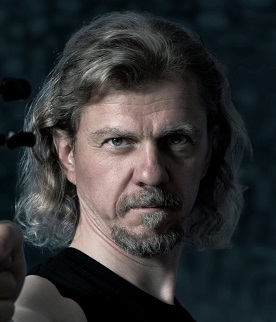 Maximum capacity: 20, with instruments
Maximum capacity: 20, with instruments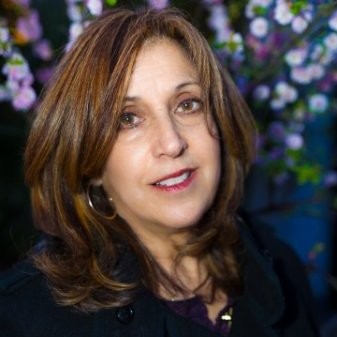 Target group: Students
Target group: Students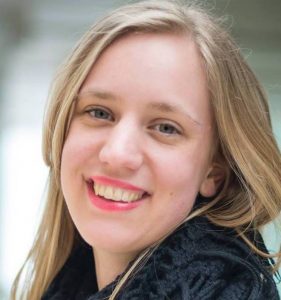 In this workshop, participants learn the basics of the Resonance Training for musicians (originally ‘Resonanzlehre’). Resonance Training is a musical sound body practice to enhance quality of sound, freedom of movement and richness of emotional expression. Quality of sound means that the musician creates the sound quality s/he wishes to appear in the room. Freedom of movement means lightness in the movement and full ability for the musician to respond and react to the sound as it is. Richness of emotional expression means that how the musician feels the music is fully represented in the sound waves at the ears of the listeners. The key sentence of Resonance Training is: “The more resonant the sound, the freer the musical movement.”
In this workshop, participants learn the basics of the Resonance Training for musicians (originally ‘Resonanzlehre’). Resonance Training is a musical sound body practice to enhance quality of sound, freedom of movement and richness of emotional expression. Quality of sound means that the musician creates the sound quality s/he wishes to appear in the room. Freedom of movement means lightness in the movement and full ability for the musician to respond and react to the sound as it is. Richness of emotional expression means that how the musician feels the music is fully represented in the sound waves at the ears of the listeners. The key sentence of Resonance Training is: “The more resonant the sound, the freer the musical movement.”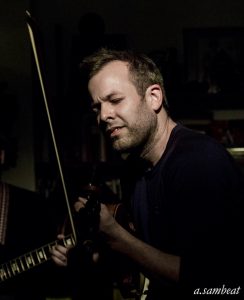 The viola can serve as an excellent plucked instrument. Initially we will work on how to play the viola as a ‘guitar’: how to make the viola sound like a west-African harp or like a chord instrument for accompaniment. The main focus is on finger-plucking (rhythmic patterns), orientation on chord progressions, different string tunings. We hope that participants discover a whole new function and sound spectrum in their instrument. In the second half we will spend time on creating extended colours and textures on the viola. For example with the use of the human voice singing along in intervals and unison with the bowed viola. Special techniques such as the ‘chop’ and Garth Knox’ ‘circular bowing’ will be treated as well. This will create a sense for sound-scapes. The goal is to have learned the structure of a given (well-known) composition by the end of the workshop. We will give some of the participants different musical functions within the composition, in order to create rhythmic and harmonic polyphony. We will then encourage some participants to improvise on the chord progression of the composition. In the end we will play the composition in its entirety: plucked accompaniment with sound effects and improvisations. It is about playing and creating together, without sheet music, purely auditive. This way the participants train their ears: listening to what is really sounding and reacting to what they hear.
The viola can serve as an excellent plucked instrument. Initially we will work on how to play the viola as a ‘guitar’: how to make the viola sound like a west-African harp or like a chord instrument for accompaniment. The main focus is on finger-plucking (rhythmic patterns), orientation on chord progressions, different string tunings. We hope that participants discover a whole new function and sound spectrum in their instrument. In the second half we will spend time on creating extended colours and textures on the viola. For example with the use of the human voice singing along in intervals and unison with the bowed viola. Special techniques such as the ‘chop’ and Garth Knox’ ‘circular bowing’ will be treated as well. This will create a sense for sound-scapes. The goal is to have learned the structure of a given (well-known) composition by the end of the workshop. We will give some of the participants different musical functions within the composition, in order to create rhythmic and harmonic polyphony. We will then encourage some participants to improvise on the chord progression of the composition. In the end we will play the composition in its entirety: plucked accompaniment with sound effects and improvisations. It is about playing and creating together, without sheet music, purely auditive. This way the participants train their ears: listening to what is really sounding and reacting to what they hear.